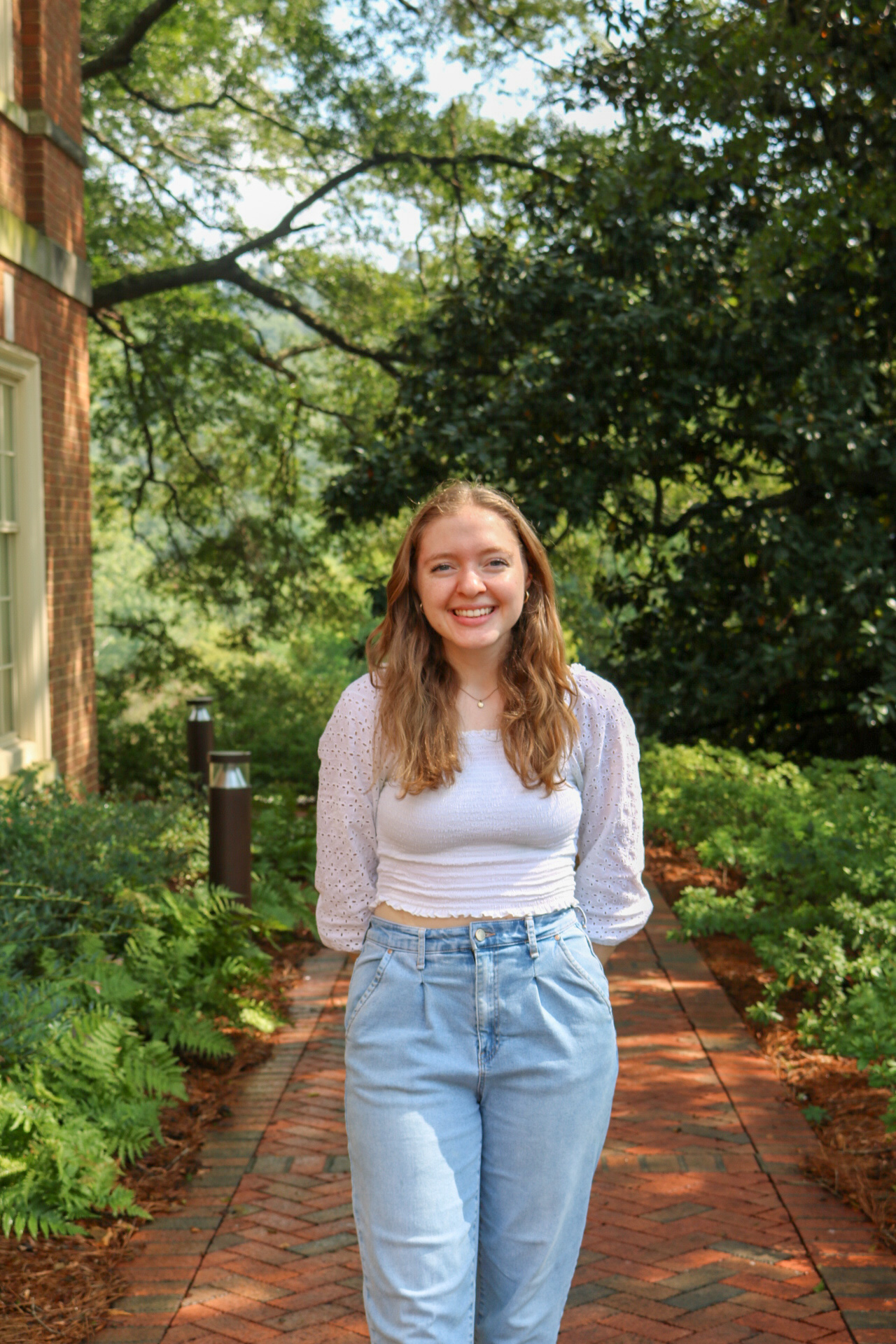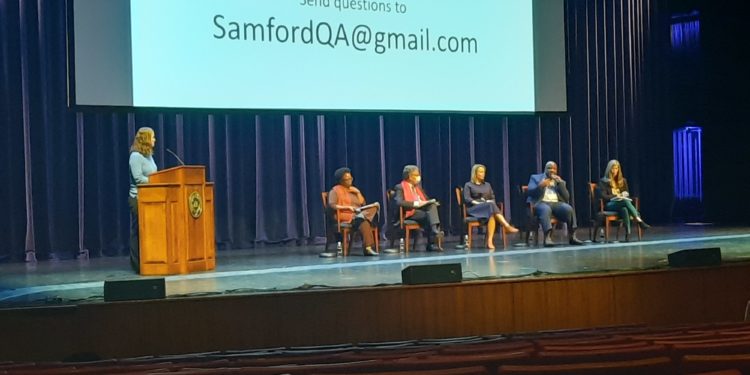On the night of Wednesday, Nov. 16, the Howard College of Arts and Sciences hosted a screening of the documentary “Speaking of Birmingham” in the Wright Center. The film followed up the 1961 CBS documentary, “Who Speaks for Birmingham,” which addressed contrasting views on segregation that public figures and university students within the city held at the time. A panel of scholars from the University of Alabama at Birmingham, Miles College, Samford University and Birmingham Southern College were then invited to answer questions regarding the movie.
The original 30-minute documentary, “Who Speaks for Birmingham,” first aired on May 18, 1961, and was a groundbreaking film that, to some, represented a turning point in coverage of the Civil Rights Movement. It sought to showcase Birmingham residents speaking on behalf of their communities in the wake of then-recent international publicity due to racial strife. The documentary included both black and white speakers, and featured students from different local colleges, including Samford University (at the time Howard College).
The recent follow-up documentary, “Speaking of Birmingham,” was directed and produced by LeeAnn G. Reynolds, Associate Professor of History at Samford, as well as Teddy Champion from Birmingham-Southern College and David Chapman, former Dean of Howard College of Arts and Sciences. The film aimed to reflect on the impact of the groundbreaking CBS documentary and included interviews with many of the participants seen in the original film.
After the screening concluded, Reynolds introduced the panel of college professors: Theresa Davidson, Professor of Sociology at Samford University; Mark Schantz, Professor of History and Chair of the History Department at Birmingham-Southern College; Tondra Loder-Jackson, Professor in the School of Education at UAB, also affiliated with the African American Studies Program, the Department of History, and the UAB Institute for Human Rights; Jordan Bauer, Assistant Professor of History at Miles College; and Barry McNealy, lead historian at the Birmingham Civil Rights Institute and social studies teacher at Parker High School who additionally teaches courses in the African American Studies Program at UAB.
The panel was able to reflect on their own experiences screening “Who Speaks for Birmingham” in the courses that they teach and discuss their own takeaways from the documentary.
Professor Jordan Baur described some of the events and discussions in which her students at Miles College have participated in the wake of the resurgence of the Black Lives Matter movement in 2020, and briefly mentioned how one of the figures in the film, Reverend Calvin Woods, was able to speak to one of her classes after their screening.
“[My students] enjoy the honesty that the students in the film show,” Baur said in reference to the fact that Miles College students from 1961 were featured in “Who Speaks for Birmingham,” and spoke freely about the challenges they faced as African Americans in Alabama.
Barry McNealy spoke about his classroom experiences with the CBS documentary.
“[It is] very interesting to watch young people of today watch young people of yesterday and being able to relate [to] people who are their age,” McNealy said. “It’s also interesting to see young people in Birmingham today look at young people in Birmingham in 1961.”
Mark Schantz emphasized the importance of learning about the Civil Rights Movement in Birmingham.
“If we want to get our future right, we have to get our past right,” Schantz said, “Even before Birmingham was Birmingham, we were a source of Confederate nationalism.”
Schantz himself has been involved with the research of the civil rights movement in Alabama, and has had a hand in documenting and memorializing victims of lynching. He believes that the most important thing our communities can do going forward is to push education of the Civil Rights Movement, and engage in personal study and research.
“Read some DuBois for your brain,” Schantz suggested, highlighting civil rights activist and author W. E. B. DuBois, one of his favorite writers on the subject.
Tondra Loder-Jackson and McNealy both addressed the topic of silence when it comes to civil rights issues.
Loder-Jackson acknowledged the fact that many of the people featured in the CBS documentary who may have seemed highly ignorant might have been shunned by friends and family had they sided with the Civil Rights Movement in Birmingham.
“We have to examine when we get silent because we are afraid of being shut out,” Loder-Jackson said.

Staff Writer





